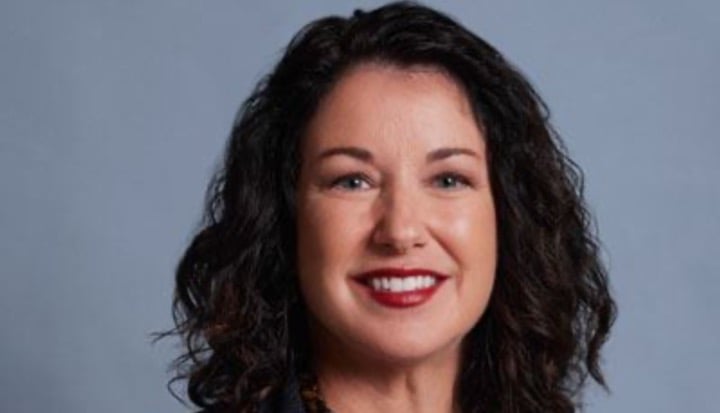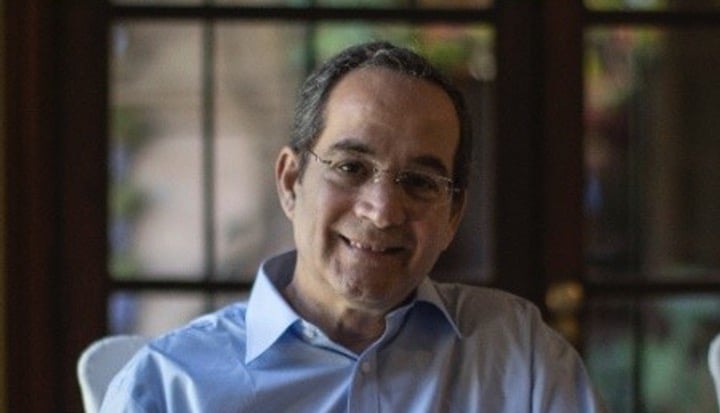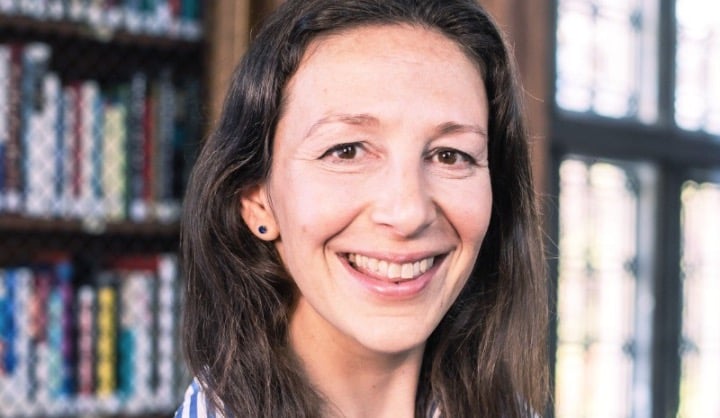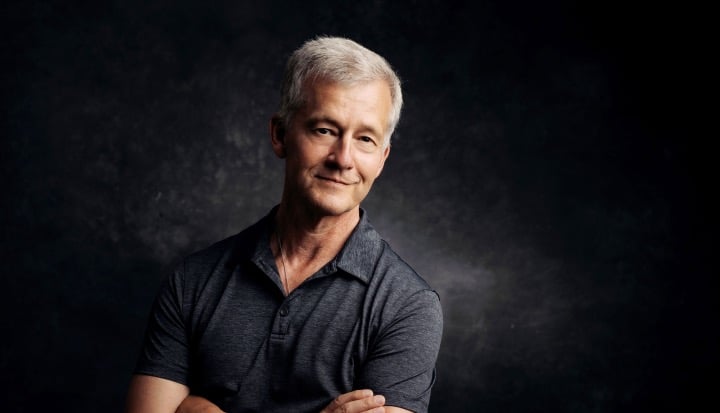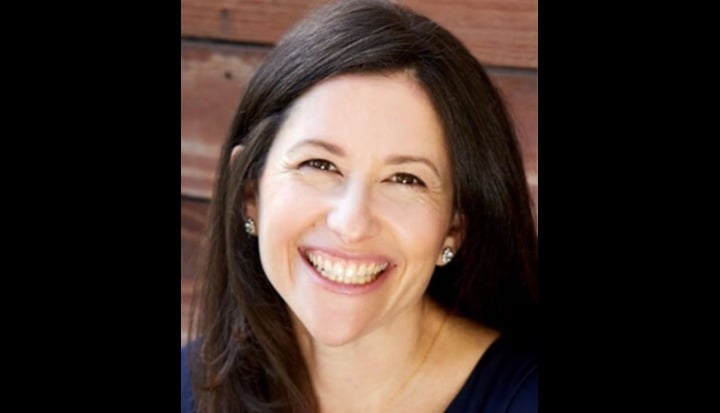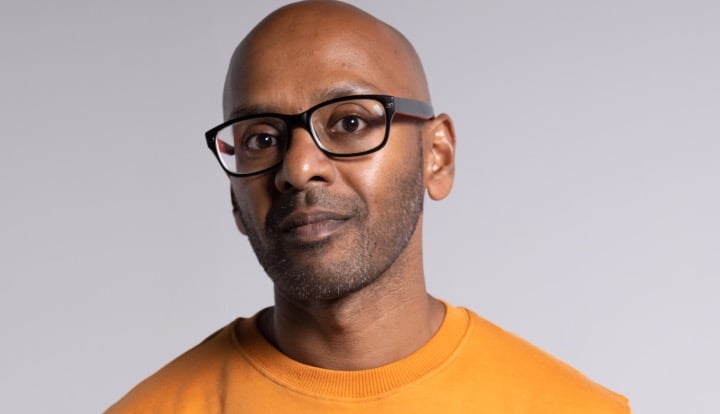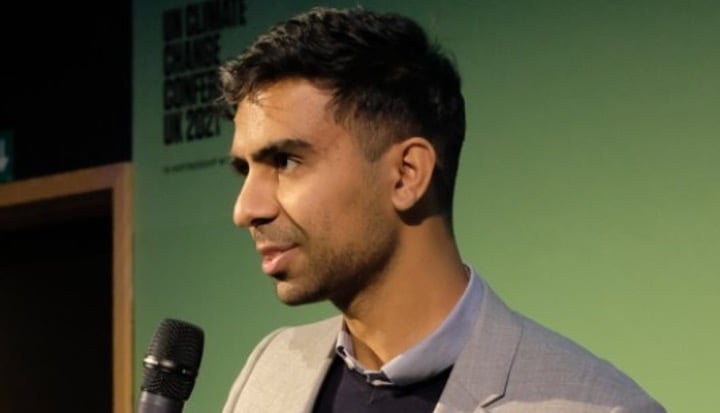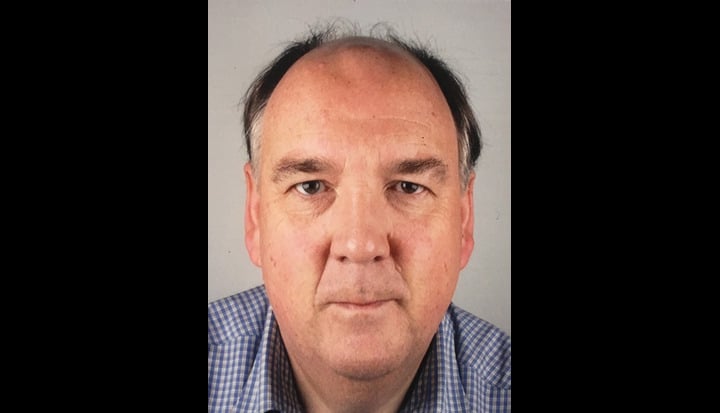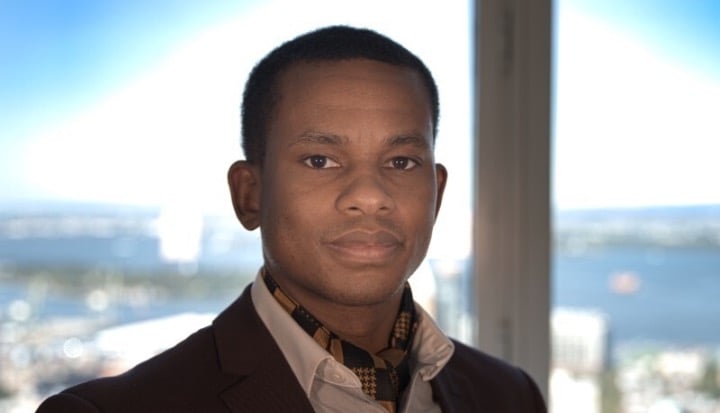BFP: What do you do?
 JT: I am Coordinator for the Donor Committee for Enterprise Development – an inter-agency body that aims to build agreement among donors and UN agencies around good practice in working with the private sector in developing countries. It does this by providing a forum in which donor and UN agencies can share their practical experience of private sector development (PSD); the Committee then publishes guidelines, based on that experience and on participatory processes for building consensus.
JT: I am Coordinator for the Donor Committee for Enterprise Development – an inter-agency body that aims to build agreement among donors and UN agencies around good practice in working with the private sector in developing countries. It does this by providing a forum in which donor and UN agencies can share their practical experience of private sector development (PSD); the Committee then publishes guidelines, based on that experience and on participatory processes for building consensus.
The DCED is also a leading source of knowledge about PSD, running a portal for all kinds of knowledge about PSD. Private sector development has recently become much more ‘mainstream’ in donor thinking, although the funding allocations have not necessarily followed the rhetoric just yet.
BFP: What is the best part about your job?
JT:The opportunity to make a difference – thinking through what donors support, and how they support it, so that they can be more effective in the future. Every donor has a slightly different view on how the private sector could and should develop, and how best to support it. And until they agree on the fundamentals, they are not likely to be able to coordinate very well together on the ground. Much of this goes on ‘behind the scenes’ – although our Standard for Results Measurement has been gaining profile recently.
BFP: What has been your greatest challenge?
JT: Bridging theory and practice; the DCED has always taken an empirical approach – what do we learn from experience, really? I think we are now moving beyond the previous swings in fashion about specific approaches that ‘always work’ (or not), and towards a greater sense of pragmatism.
The best approach is always going to be context-specific, depending on market constraints and opportunities. We need practical interventions, based on excellent understanding of local conditions and delivered by very able people.
The DCED Standard provides both the framework and the incentive for programme managers to clarify the logic of their programmes, and this is always going to be helpful: spelling out in a diagram how your inputs are expected to lead to the desired results. Many people find it quite challenging to articulate in any detail the logic of what they are doing, the first time they try.
BFP: How have you overcome your challenges? What has been the secret of your success?
JT: Some humility is always useful – I am not sure we can claim ‘success’ as such. Progress, of course, and success in bringing people around the table, in an atmosphere of enquiry. The process of agreeing on the various donor guidance documents has been highly participatory, and of great value in itself. It has taken a shared wish to be more effective, taking the time to learn the lessons of experience. It is so important, and not much heralded, that people in development agencies take the time to do this kind of work together.
BFP: If someone wants to do what you do – where do they start?
JT: Ideally they would start by working in the private sector (as I did). Then they should learn as much as possible about all aspects of PSD. There are many ‘communities of practice’ which often don’t overlap very much, but we need to understand all of them to succeed. What is their world view? What results are they achieving?
BFP: And finally: what do you hope to get out of being part of this community?
JT: Closer links with the business community would be very helpful. The agendas of business and donors are different, since for example donors are aiming to develop whole markets – not give any one business a world-beating position. And there are real cultural differences to be bridged.
Ultimately, though, it would be excellent if donors could build relationships with business, that aren’t just individual partnerships, but are long-term and strategic. Businesses could contribute more, that way.
Further reading: The DCED web site features a selection of interesting views on private sector development.
Thank you to Jim Tanburn for taking the time to do this interview.
We’re always looking out for members to feature. Help us by taking two-minutes to update your profile, or by nominating someone for Business Fights Poverty Member of the Week.
Read previous Member of the Week interviews here.

